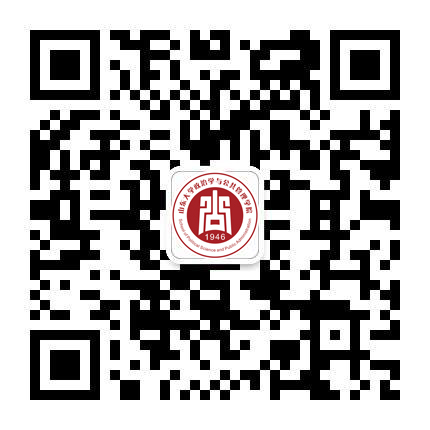Abstract:
Trust in stakeholders and social support are essential but neglected factors that shape people's disaster protective behaviours such as mitigation and preparedness. This paper examines the effects of various forms of trust and social support on seismic risk perception and self-reported preparedness in rural China. A household survey (N = 415) of survivors of the 2008 Wenchuan earthquake was conducted in 2012. The perceived seismic risk and self-reported preparedness were analysed as dependent variables. Trust in the general public, close relationships, government, and outside helpers were used as various forms of trust. Social support from formal organisations and informal personal networks were included as social support measures, and ordinal logistics and logistic regression models were used for the analysis. The results demonstrate that trust in government and outside helpers are positively associated with perceived risk and adaptation of preparedness actions. Informal social support is negatively correlated with the self-reported preparedness, as well as the perceived likelihood and consequence of the potential earthquakes. The effect of formal support is not significant in predicting disaster risk perception or preparedness. Different forms of trust in stakeholders and social support have different impacts on individuals' risk perception and preparedness.
Key words:
Trust; risk perception; preparedness; protective actions; social; support; China; earthquake
ENVIRONMENTAL HAZARDS-HUMAN AND POLICY DIMENSIONS
DOI: 10.1080/17477891.2020.1725410
出版日期:FEB 2020

 扫一扫
扫一扫